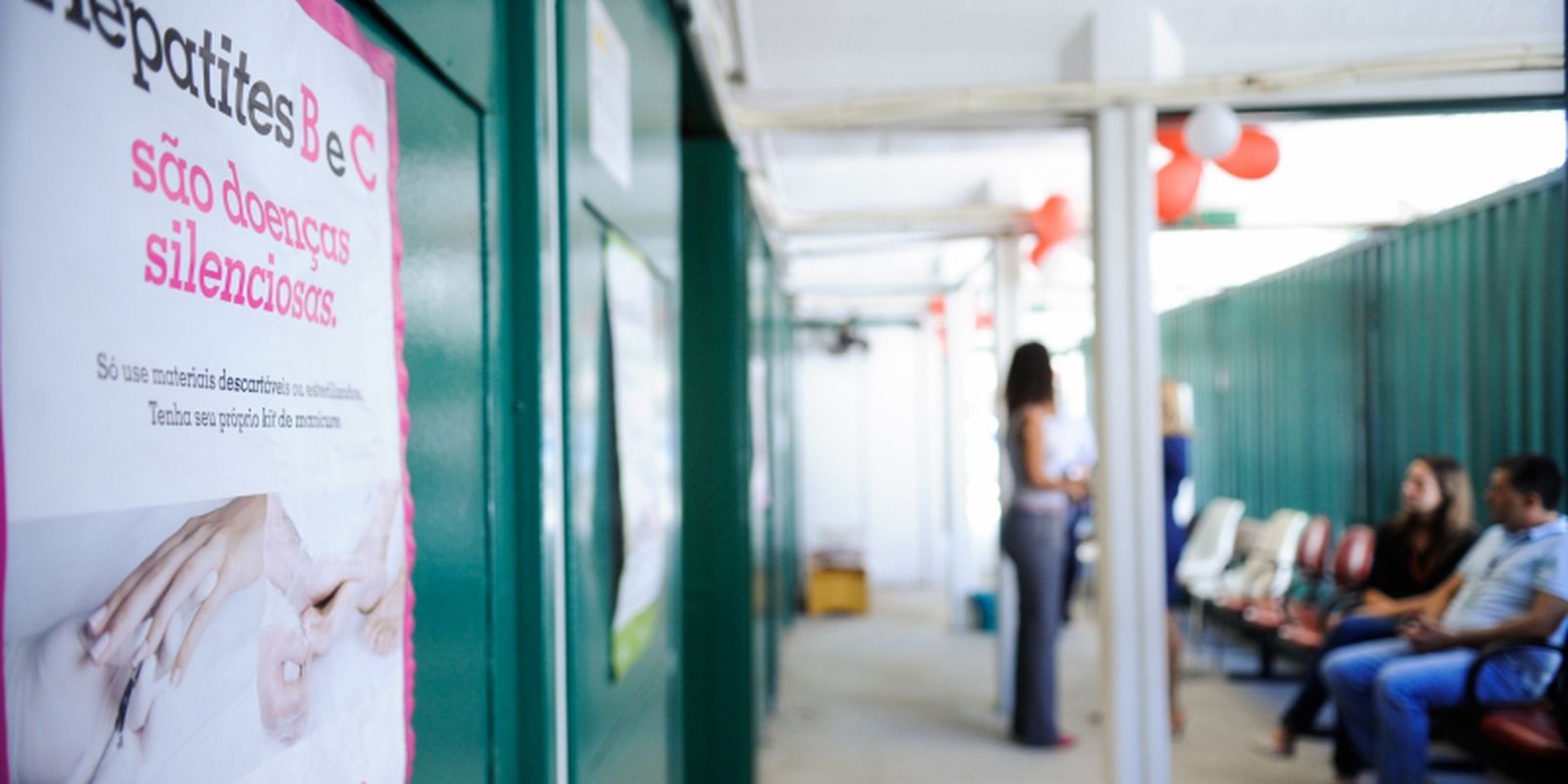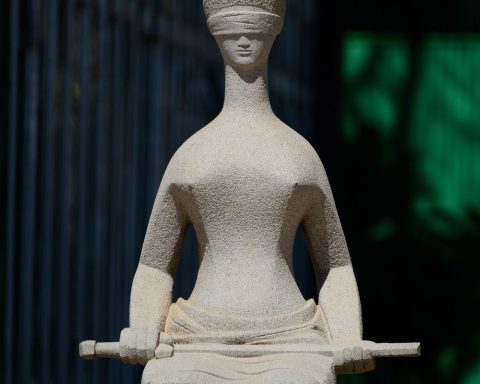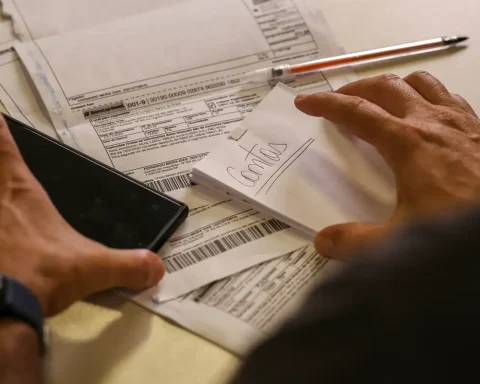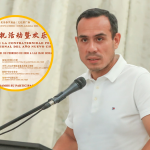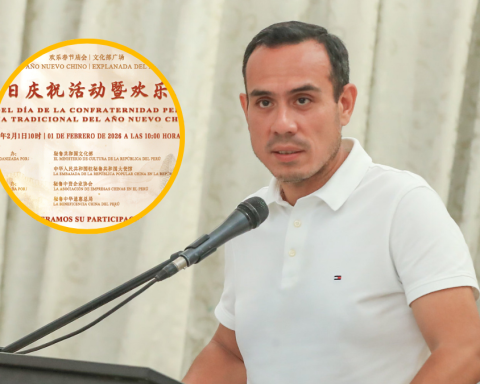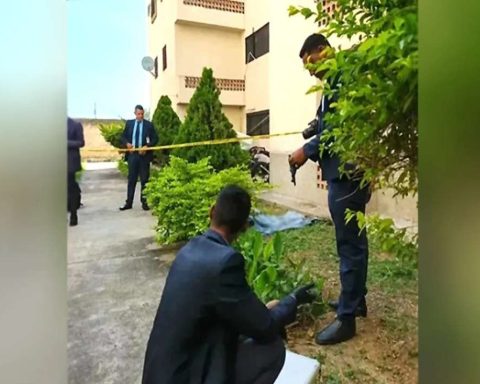President Jair Bolsonaro, on Tuesday (4), sanctioned the Law 14,289/22 which requires the preservation of confidentiality about the condition of a person infected by the human immunodeficiency virus (HIV), chronic hepatitis (HBV and HCV) and a person with leprosy and tuberculosis, within the scope of health services; of educational establishments; of workplaces; of public administration; of public safety; judicial processes and written and audiovisual media.
The text prohibits the disclosure, either by public or private agents, of information that allows the identification of these people. Professional secrecy, on the other hand, can only be broken in cases determined by law, for just cause or by express authorization from the person with the virus. If the person is a minor, it will depend on authorization from the legal guardian.
Secrecy
The health services, public or private, and the operators of private health care plans are obliged to protect the information related to these people, as well as to guarantee the confidentiality of the information that eventually allows the identification of this condition.
The obligation to preserve confidentiality falls on all health professionals and health workers.
The standard also establishes that care in health services, public or private, will be organized in such a way as not to allow the identification, by the general public, of the condition of a person living with infection by the human immunodeficiency virus (HIV) and hepatitis chronic diseases (HBV and HCV) and of people with leprosy and tuberculosis.
surveys
According to the text, inquiries or legal proceedings involving the person living with the aforementioned diseases must provide the necessary means to guarantee the confidentiality of information about this condition.
Any disclosure of a fact object of investigation or judgment cannot provide information that allows its identification. In a judgment in which it is not possible to maintain the confidentiality of this condition, access to the sessions will only be allowed to directly interested parties and their lawyers.
Sanctions
Failure to comply with the provisions of the Law subjects the offending public or private agent to the sanctions provided for in article 52 of Law No. 13.709/2018, the so-called General Data Protection Law (LGPD), as well as other applicable administrative sanctions, and obliges them to indemnify the victim for material and moral damages.
